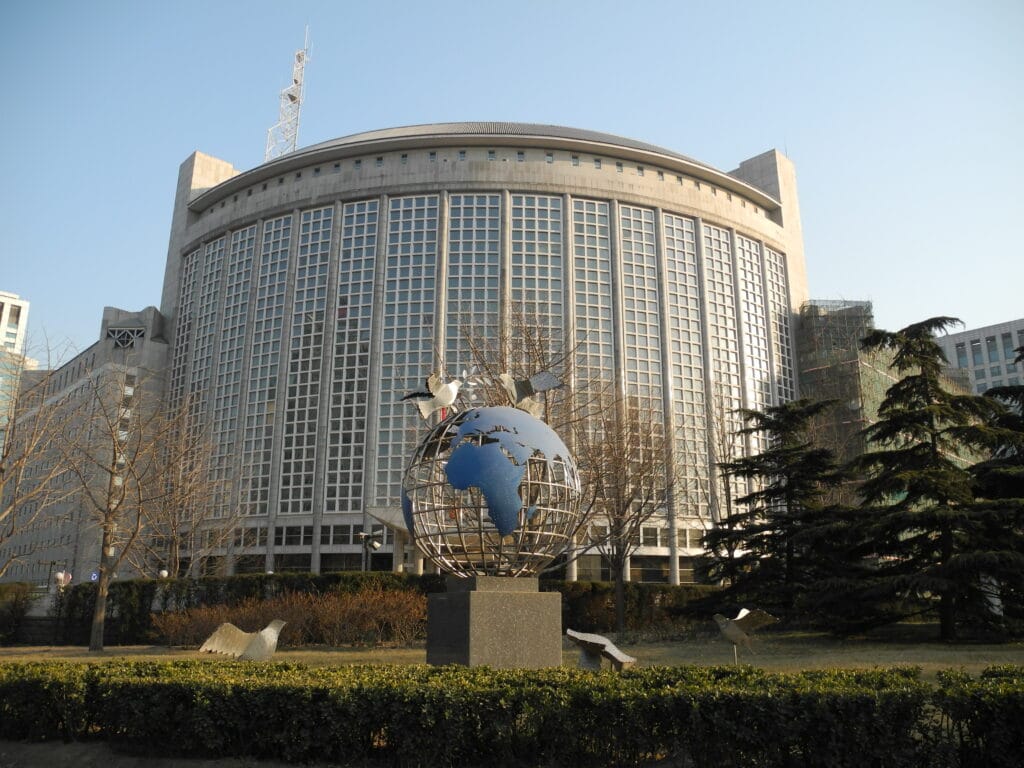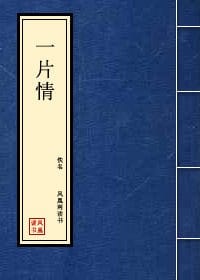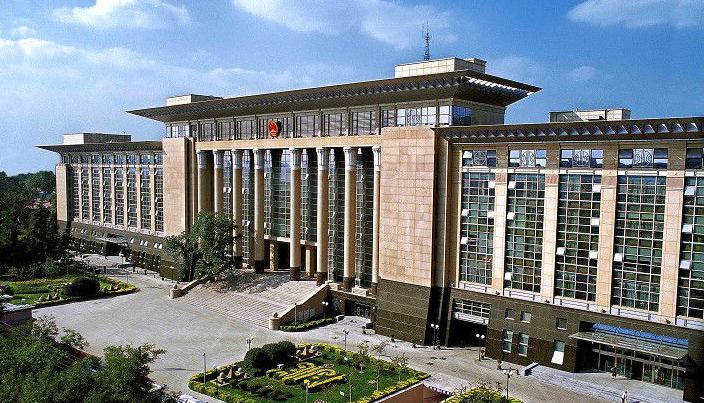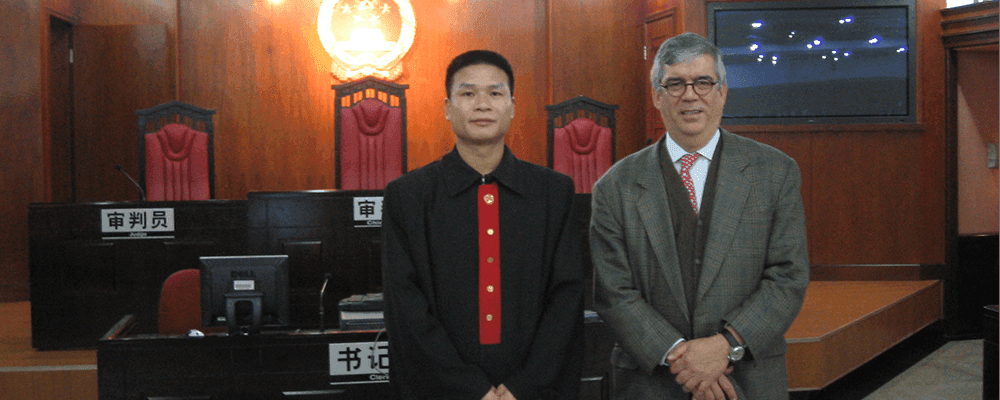EVENTS

Dui Hua Executive Director John Kamm visited Hong Kong and Beijing from January 23 to February 4, 2015. It was Kamm’s first trip of a year likely to be dominated by travels to capitals of countries involved in bilateral human rights dialogues and consultations with China.
This trip was particularly fruitful. Chinese interlocutors provided Kamm with information on 15 individuals serving sentences for political offenses. Kamm explored next steps in the foundation’s women in prison initiative and met with Chinese officials and diplomats from more than a dozen countries. Kamm learned that after more than a year of suspended and delayed bilateral human rights dialogues, China’s Ministry of Foreign Affairs (MFA) has recommitted itself to holding these exchanges and to programs with the United Nations Office of the High Commissioner for Human Rights.
Disputes over timing, level of representation, and the agenda nearly scuppered the annual EU-China Human Rights Dialogue, but after months of tough negotiations, a round finally took place in Brussels on December 8-9, 2014. The EU delegation was led by Gerhard Sabathil, European External Action Service Director for North-East Asia and the Pacific, while the Chinese delegation was led by Li Junhua, Director General of the MFA Department of International Organizations and Conferences. Delegates discussed a wide range of issues, with a focus on recent developments in China. These included minority rights in Tibet and Xinjiang; freedoms of belief, speech, and association; reform of China’s household registration system; arbitrary detention and due process of the law; and the death penalty.
In keeping with its policy of no longer accepting prisoner lists from countries with whom it conducts human rights dialogues, the Chinese delegation refused to accept a long list of individuals believed to be detained in political cases. The EU delegation instead verbally raised 18 names, including Liu Xiaobo (刘晓波), Ilham Tohti, Gao Yu (高瑜), Hada, Pu Zhiqiang (浦志强), Xu Zhiyong (许志永), Tenzin Delek Rinpoche, and Gao Zhisheng (高智晟).
Prior to traveling to Brussels, the Chinese delegation joined their German counterparts for a round of the Sino-German Human Rights Dialogue in Berlin, and in the first half of 2015, dialogues will likely be held with Australia, Switzerland, and the United Kingdom. In March, China’s delegation to the UN Human Rights Council meeting in Geneva is expected to discuss a visit to China by UN High Commissioner for Human Rights Zeid Ra’ad Al Hussein later this year.
The MFA has entered talks with the US government regarding resumption of their human rights dialogue, according to Chinese and American officials who spoke with Kamm. China suspended the dialogue in 2014 due to President Barack Obama’s meeting with the Dalai Lama in February of that year. If this dialogue is resumed, the Legal Experts Dialogue, which was also suspended in 2014, will follow suit. The United States, led by President Barak Obama and Secretary of State John Kerry, has pressed Beijing to resume talks, and China has committed to do so, possibly as early as May or June. Talks on resuming the dialogue were not affected by the Dalai Lama’s presence at the National Prayer Breakfast hosted by President Obama in Washington on February 5, 2015. The last round of the US-China Human Rights Dialogue was held in Kunming in late July 2013.
In early 2015, Chinese government interlocutors provided Dui Hua with information on two sentence reductions. The oldest of the two cases dates back to 2000. In that year, China detained about 6,000 criminal suspects in the saohuang dafei campaign that targeted publications that are considered pornographic, superstitious, or socially or politically harmful. The lead working group for the campaign was established to facilitate “ideological struggle” against Western influence just one month after the suppression of the 1989 June Fourth protests.

As part of the saohuang dafei campaign Xi Baoping (席保平) was sentenced to 20 years in prison by a Guangzhou court for “illegal business activity” and “producing obscene materials.” The owner of an advertising company, Xi was labeled a “predator” in official news media. He was accused of printing 276 books without proper licensing and selling more than four million books between 1997 and March 2000. The publications he sold included everything from Taiwanese romance novels to biographies of President Bill Clinton and Monica Lewinsky and at least two erotic novels published in the late Ming and early Qing dynasties.
Government interlocutors informed Dui Hua that Xi was transferred from a Guangdong prison to Henan No.3 Prison in January 2009 and released seven years early on December 28, 2013. Meanwhile, in a similar case for which no new information was received on this trip, Liang Jiantian (梁鉴天) remains in prison after being convicted of the same crimes in the same year as Xi. In contrast to Xi’s case, Liang’s case pertained to Falun Gong publications. Liang was sentenced to life—the maximum penalty for producing or disseminating obscene material—on November 2, 2000, and after four sentence reductions, Liang is scheduled for release from Panyu Prison, in Guangdong Province, on May 17, 2023.
Through desktop research Dui Hua also discovered official records confirming two acts of clemency for individuals convicted of endangering state security. Tsering Serpo received a three-month sentence reduction on January 4, 2015. A Tibetan man in his late-20s, he was convicted of inciting splittism and sentenced to four years’ imprisonment with three years’ deprivation of political rights in May 2012. Hailing from Dege County, Sichuan Province, Tsering Serpo was detained on May 21, 2011, two months after that year’s first Tibetan self-immolation protest.
Abduhapar Memeteysa is the second of 23 people convicted in a 2009 splittism case heard by the Shenyang Intermediate People’s Court known to have received a sentence reduction. Last August, Dui Hua reported that Abdullah Mehmet received his second sentence reduction in May 2014. Abduhapar Memeteysa received a 16-month sentence reduction in September 2014 for good behavior. He is currently serving a 13-year sentence for advocating Xinjiang independence in Fushun No.2 Prison in Liaoning Province.

Dui Hua was mentioned in more than 50 news articles and reports from nonprofit organizations in January. Coverage was dominated by statistics on indictments for endangering state security that took place in Xi Jinping’s first year in office. News outlets including Aftenposten, The Wall Street Journal, and The South China Morning Post published the statistics that we discovered in government publications. News media continued to cite Dui Hua’s estimate of Chinese executions in 2013 after an old murder case that led to a wrongful execution took a new turn.

Featured Article: State Security Indictments, Cult Trials Up in Xi Jinping’s 2013 (January 7)
2013 was Xi Jinping’s first year as party secretary, and statistics recently released in China Law Yearbook indicate that in that year indictments for crimes of endangering state security reached the second highest level on record. The authoritative compendium also provides first-ever official data on the number of trials for “cult” offenses nationwide, showing 60 percent more trials than in 2012.
Congressional Action on Hong Kong Set to Roil US-China Relations (January 15)
Last month’s Digest: January 2015
Dui Hua has long advocated for greater transparency in China’s judicial system, and in particular has pushed for more trials to be open to foreigners. All Chinese trials except those involving state secrets, juveniles, or certain sensitive issues, like sex crimes, are supposed to be open, but foreign attendance is rare. After two years of applying to attend trials of disturbing public order and endangering state security, Kamm was finally permitted to attend trials in Beijing and Guangzhou in February 2006.
The first trial was one of a “small-scale mass incident” held in Beijing’s Chaoyang District People’s Court on February 17, 2006. After leaving a bar, the defendant had attacked a man, causing a crowd to gather. The defendant was arrested for “creating a public disturbance,” an offense he had been convicted of once before. At the trial, the defendant pled guilty, and due to his “genuine remorse and willingness to reform,” he was given a relatively light sentence of two years in prison.

The next trial involved was held at the Guangzhou Intermediate People’s Court on February 20, 2006. A young man who had split with his girlfriend tried to reclaim a cell phone he had given to her. In the ensuing struggle, the young man, an 18-year-old migrant worker, picked up a knife and stabbed the girl to death. The girl’s family, who were in court, demanded the defendant pay compensation according to a fixed formula, but the migrant worker was from a poor family and had no resources. The judge suspended the trial to decide whether to amend the charge from robbery to murder, which he subsequently did. The young man was sentenced to death.
The judge agreed to meet with Kamm after the hearing was suspended, and Kamm opined that in the United States, the crime would probably be considered second-degree murder, as it was not premeditated and took place in the heat of the moment. After the defendant was sentenced, Kamm wrote to the judge again expressing his hope to avoid the use of capital punishment. The young man was sentenced to death with two-year reprieve on appeal, and the sentence was subsequently commuted to a fixed term.
On the same trip, Kamm was allowed to visit the verdicts room of the Chaoyang court. Foreigners can apply to read verdicts there, but permission is rarely granted. In recent years, however, more and more verdicts have become available on Chinese court websites, and they have become an important resource for Dui Hua’s work tracking political and religious crime.
